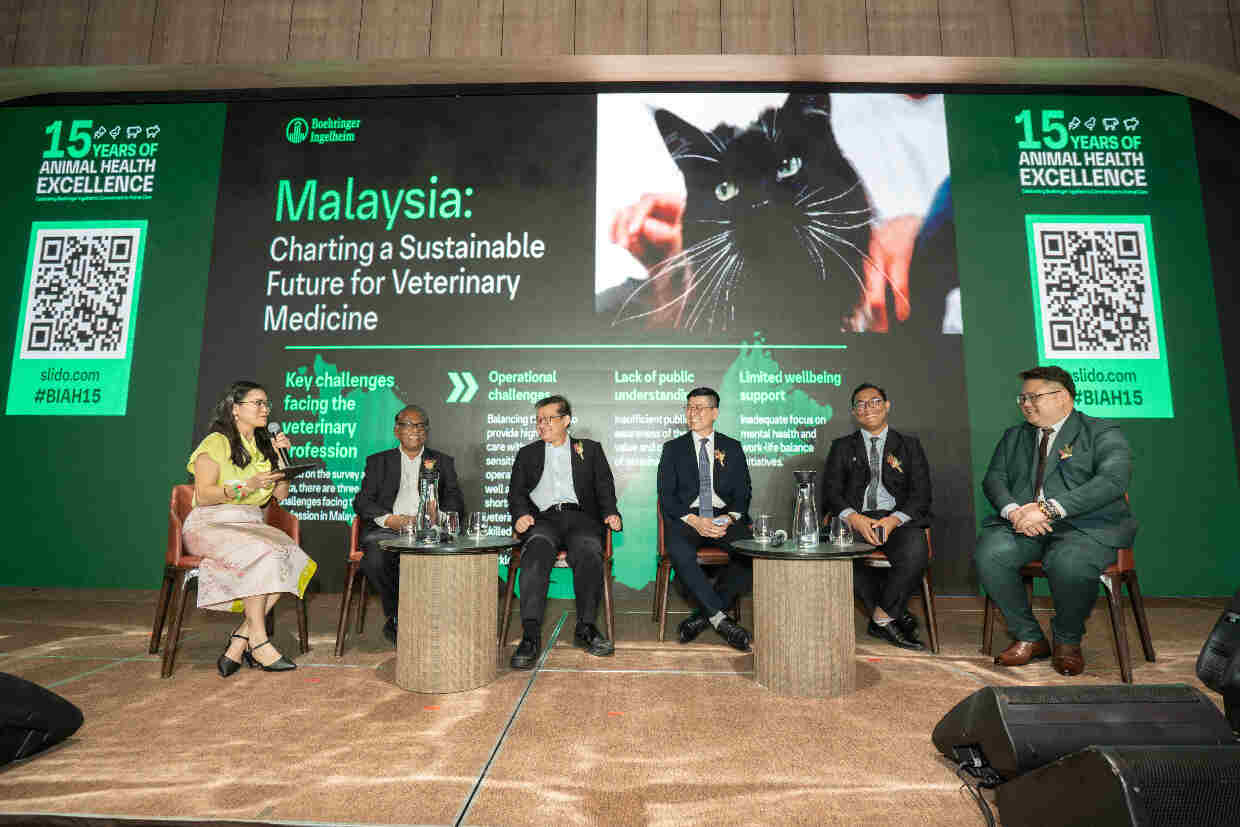Women around the world have much to celebrate about how far we have come and the inestimable achievements. It’s been a week since the 100th International Women’s Day was commemorated. The celebrations have slowed down but as women, we still have a lot of work ahead of us.
Our predecessors struggled in the early 1900s for the betterment of our gender. The early feminists fought for our basic rights and International Women’s Day was marked to remind the rest of the world that women are equal beings. Unfortunately, women had to press for their rights aggressively instead of it being bestowed upon us arbitrarily alike our male counterparts.
So how far off are we and how does Malaysia fare in terms of defending the rights of women in order to achieve equality and equity between genders?
The World Economic Forum’s 2010 global gender gap index* places Malaysia at an overall ranking of 98 out of the 134 countries that were examined. Their report surveyed the gap between women and men, where they rank countries according to their proximity to gender equality, in economic participation and opportunity (*99), educational attainment (*65), health and survival (*76) and political empowerment (*110). Malaysia ranked its highest in 2006 at 72 and has since been slipping down the charts.
When the report compared Malaysia to our neighbours, it was alarming to find out that Philippines, Singapore, 
Malaysia needs to seriously address this matter if the country favours a progressive nation. Prioritising gender and the impact it can have on Malaysia’s larger economy is commonly overlooked. As middle class or upper class citizens, there is an assumption that women are doing well and are equal to men.
However, while mingling with similar socio-economic groups, we fail to notice that the larger part of Malaysian society is less affluent and consequently women pay the biggest price.
Every woman and man can contribute to closing the gender gap. The two main areas that Malaysia is lagging unfavorably are in economic participation and opportunity as well as political empowerment. Economic participation covers the workforce, income generation and working in executive levels or in specialized area
Compared to men, women make a lower percentage of the workforce; earn a lot less than men in similar roles; and work at lower levels of the hierarchy as well as in unskilled areas.
An early solution to this problem could be adults playing a role in challenging the gender gap situation by treating girls and boys equally and equitably from young. From the toys they play with, to the chores they do at home and to the TV shows they watch, kids can be guided to overcome the stereotypes and start realising that both genders can enjoy the same things together.
The “ungendering” process could enable girls to play with Lego and boys to play “masak-masak” and in the long term, the girl may realise that she enjoys studying engineering and the boy may do an equal amount of housework to enable his wife to focus on work, just as much as he does.
Of course as parents there needs to be control in the amount of media influence which I know is tough (but not impossible) especially when it comes to kids ads. But tapping this issue at a young age is a key in overcoming the genderised barriers.
However, as adults women assume the child-bearing role and their career and pay begin stagnating as a result of this. Instead of women becoming Supermums or taking a pay cut, employers can play a vital role in ensuring that nothing has to change just because a woman gives birth.
Enabling women to keep up with their level of interest, training and knowledge on their work during pregnancy and while on parental leave (my preference over the term maternity leave) and providing adequate flexibility throughout the post-delivery period would enhance women’s participation in the workforce as well as their capacity to climb up the career ladder together with their male workmates.

In the political empowerment scene, we rank at an even more baffling position. Malaysia is at the bottom 20% of the World Economic Forum report. We don’t have enough women being represented in the political decision-making process; parliamentary positions; and ministerial and government executive roles. With a better understanding of local politics and the support of their family and peers, women have successfully lead their communities. Engaging with grassroots politics is a great start.
Knowing your local Member of Parliament and State Assembly person and acquiring a mentor in the field are essential in following this path way. It is a general misperception that women are not interested in politics. With the right guidance and opportunity, women make fantastic leaders. The government can enable this by creating a gender aware quota for women to be in the parliament and ministries. The self education of the political system is a must for women, with knowing who and what they are voting for as a starting point.
Although we are not as lowly ranked in the area of education and health, there are still steps to be put in place to lessen the inequality gap for educational attainment and health and survival. More women than men go to university but fewer girls are enrolled in kindergartens and primary schools as well as in higher post-graduate programs. Many women in the rural areas are still unable to access the right amount of healthcare and the women in the city are not receiving sufficient preventative healthcare.
With every party taking their personal responsibility seriously, we can achieve a gender neutral society where progress in all areas of the nation is certain. Gender education and awareness of at home, the workplace and in government will create a thriving Malaysia.
Note: The term ‘gender’ refers to the social construction of female and male identity. It can be defined as ‘more than biological differences between men and women. It includes the ways in which those differences, whether real or perceived, have been valued, used and relied upon to classify women and men and to assign roles and expectations to them. The significance of this is that the lives and experiences of women and men, including their experience of the legal system, occur within complex sets of differing social and cultural expectations’ (www.gdrc.org)
* This source should be taken as an indication and not gospel
(*) Malaysia’s ranking for each area












